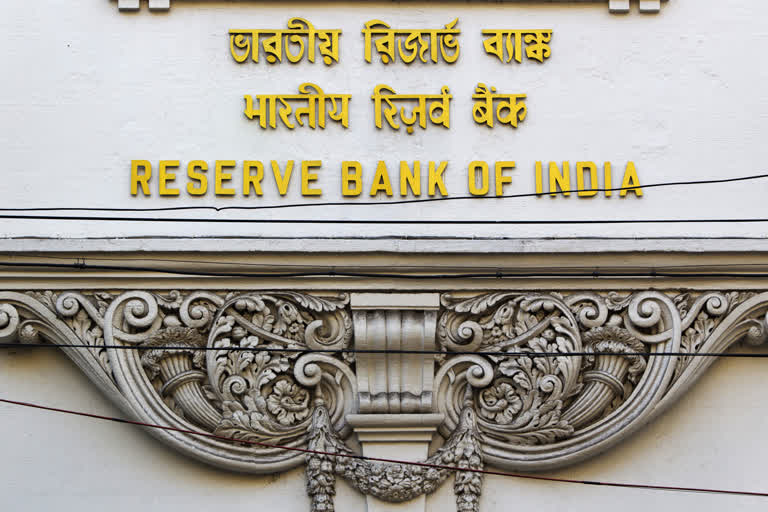Mumbai: A Reserve Bank committee on Monday suggested standardisation of loan documents and setting up of a government-sponsored intermediary under the National Housing Bank (NHB) for development of the home loan securitisation market.
Among other things, the Committee on Development of Housing Finance Securitisation Market also recommended that the central government should exempt mortgage-backed securitisation from stamp duty as has been done in the case of asset reconstruction companies (ARCs).
Securitisation involves the pooling of loans and selling them to a special purpose vehicle which then issues securities called pass-through certificates (PTCs) backed by the loan pool.
Well-developed securitisation market can emerge as a reliable complement to other sources of funding for home loan lenders, in addition to reducing volatility in funding for such loans.
The Reserve Bank of India (RBI) on May 2019 had set up a committee to suggest steps for the development of the loan securitisation market under Harsh Vardhan, senior advisor, Bain & Co.
The RBI, which has posted the report on its website, has invited comments from the stakeholders by September 13.
The NHB, the report said, should undertake efforts to establish the loan origination standards (at least for the affordable housing loans) on a priority basis and set up the infrastructure for obtaining and disseminating pool performance data for all securitisation transactions.
Read More: Finance Minister set to list actions of 100-days amid low macro stats
"An intermediary to promote housing finance securitisation with the primary functions of standard-setting and market-making should be established by NHB," it said.
The RBI report said the loan documentation must be standardised for housing loans.
"Documents for the three alternative forms of underlying mortgages [equitable mortgage that is registered, equitable mortgage that is not registered, and registered (legal) mortgage] should be standardised and adopted by all lenders," it said.
Further, the committee has also recommended that the loan servicing process should be standardised and be adapted by all mortgage lenders.
A master servicing agreement describing the standardised servicing process should be developed and adhered to by all lenders, it added.
With regard to stamp duty, the report suggested that the central government should "exempt from stamp duty for mortgage-backed securitisation transaction in the same manner that assignment stamp duty towards ARCs and stamp duty for factoring transactions (which also entail the assignment of receivables) have been exempt".
Besides, the government could also consider standardised stamp duty on the assignment of mortgage pools and cap them at a reasonable level across all states.
In order to ensure that public records are maintained for such exempt transactions, a requirement to register such transactions through a digital registry such as the Central Registry for Securitisation Assets Reconstruction and Security Interest (CERSAI) with a nominal registration fee can be considered.
The committee has also recommended that home loans pricing should be linked to an external, objectively observable benchmark (such as the repo rate).
Lenders, it may be mentioned, have already initiated the exercise of linking interest rate on loans to an external benchmark.
The panel has also suggested that PTCs issued in mortgaged-backed securitisation should be on par with corporate bonds and should not be subjected to withholding tax.
Further, PTCs issued in mortgaged-backed securitisation should be mandatorily listed if the securitisation pool is larger than Rs 500 crore.



